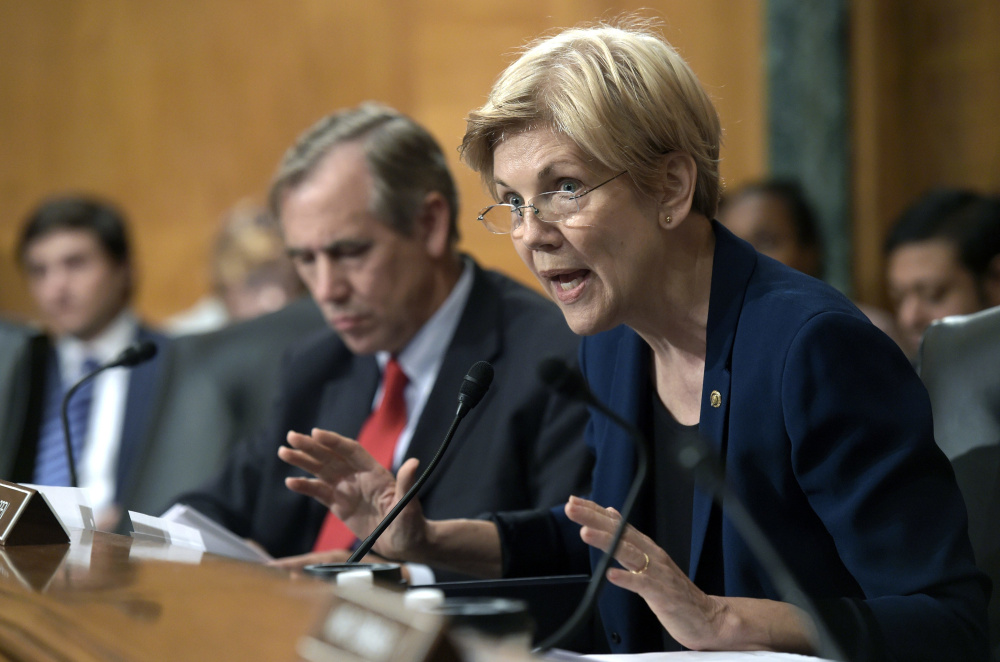The Dodd–Frank Wall Street Reform and Consumer Protection Act has had a profound effect on the financial industry. The Obama-era law was aimed at curbing big banks that had been blamed for the excesses that triggered the Great Recession.
The law forced banks to submit to yearly stress tests to prove they could withstand economic turbulence and draw up “living wills” that laid out how the banks could be dismantled without harming the rest of the financial system if they collapsed. One controversial component, called the Volcker rule, barred banks from trading in high-risk securities using their own capital, a practice that contributed to the crisis. The rule also limited the ability of banks to hide exotic risky securities off the banks’ balance sheets, concealing the extent of the banks’ debts.
Dodd-Frank also created a new agency, the Consumer Financial Protection Bureau, to oversee consumer financial products.
President Trump also has taken issue with a separate protection called the “fiduciary rule,” scheduled to go into effect in April.
Aimed at protecting ordinary people who buy stocks and bonds, the rule would police the financial services industry with standards for sales, commissions and fees, and mandatory disclosures aimed at avoiding potential conflicts of interest.
Critics say the legislation is burdensome and would prompt financial advisers to offer only the most ordinary advice to clients for fear they could run afoul of the rules.
The timeline for completing these reforms was not clear.
Send questions/comments to the editors.



Success. Please wait for the page to reload. If the page does not reload within 5 seconds, please refresh the page.
Enter your email and password to access comments.
Hi, to comment on stories you must . This profile is in addition to your subscription and website login.
Already have a commenting profile? .
Invalid username/password.
Please check your email to confirm and complete your registration.
Only subscribers are eligible to post comments. Please subscribe or login first for digital access. Here’s why.
Use the form below to reset your password. When you've submitted your account email, we will send an email with a reset code.